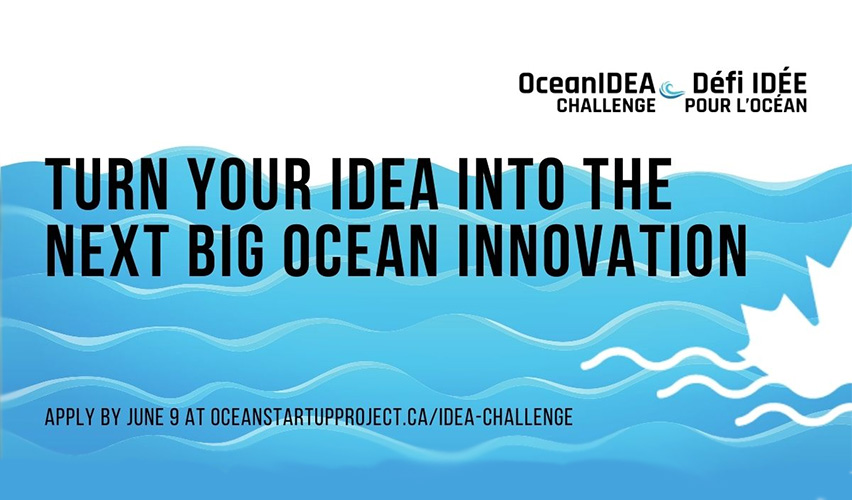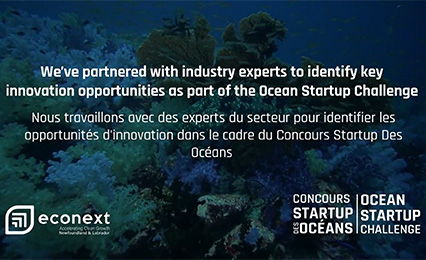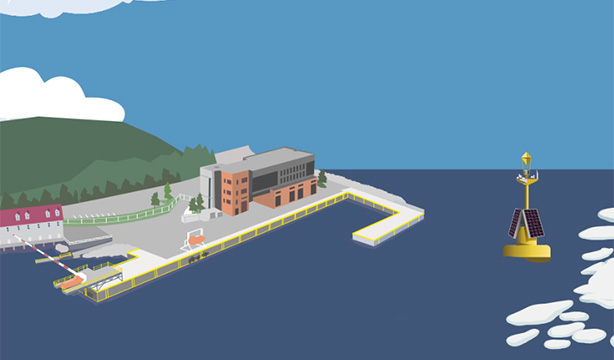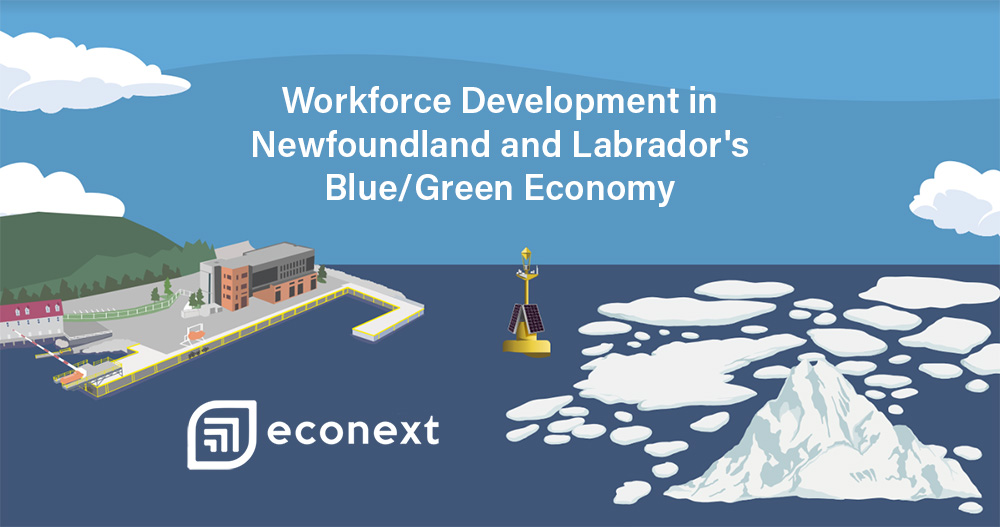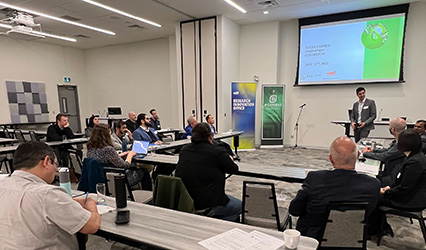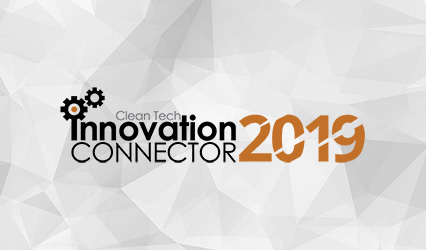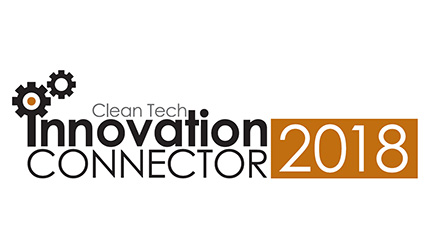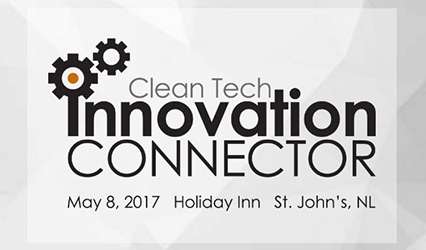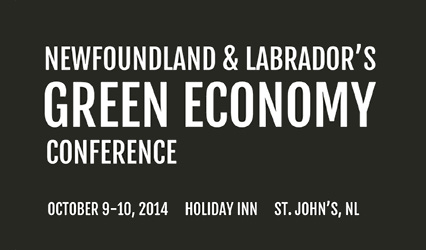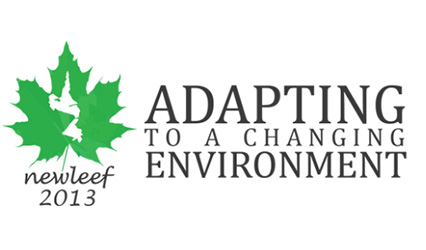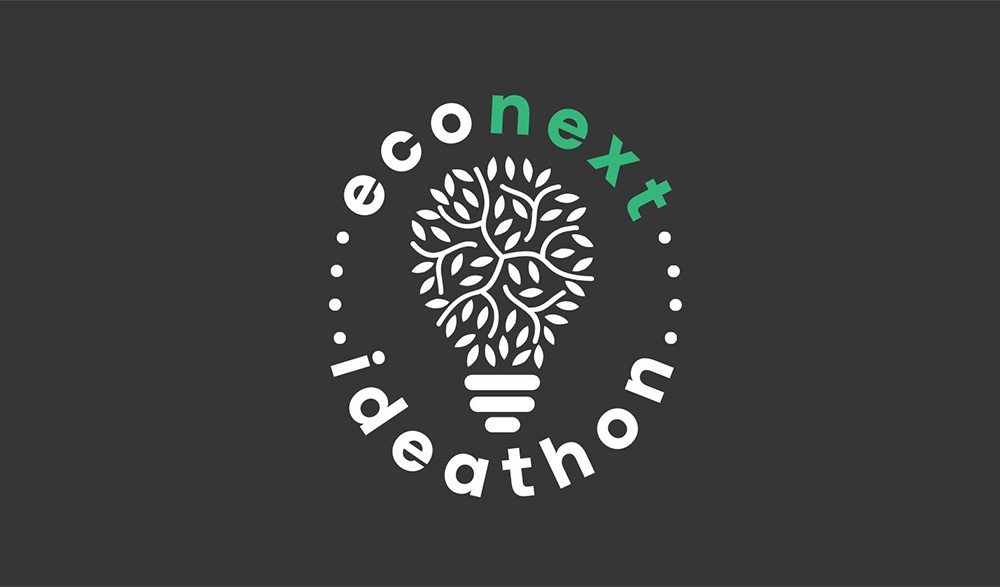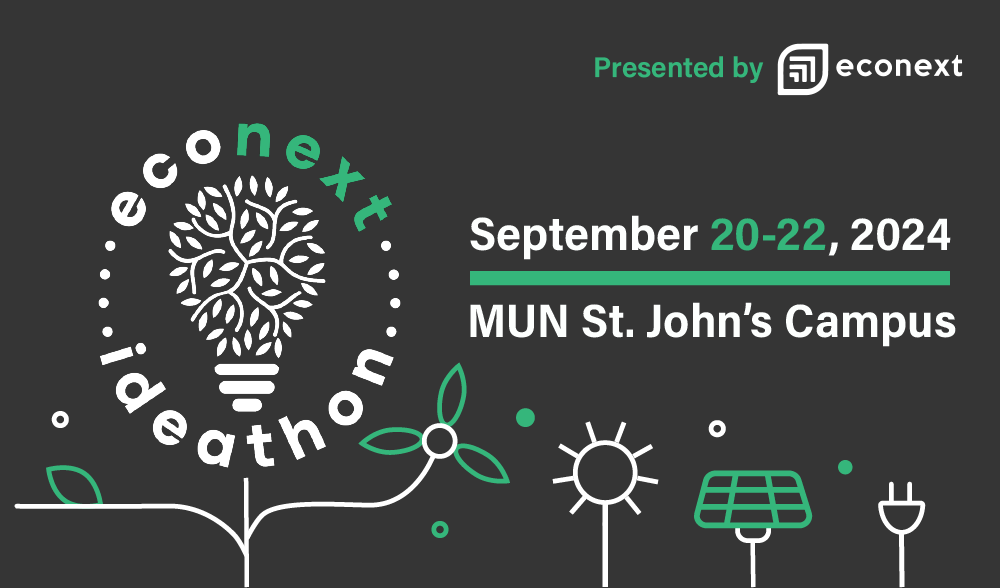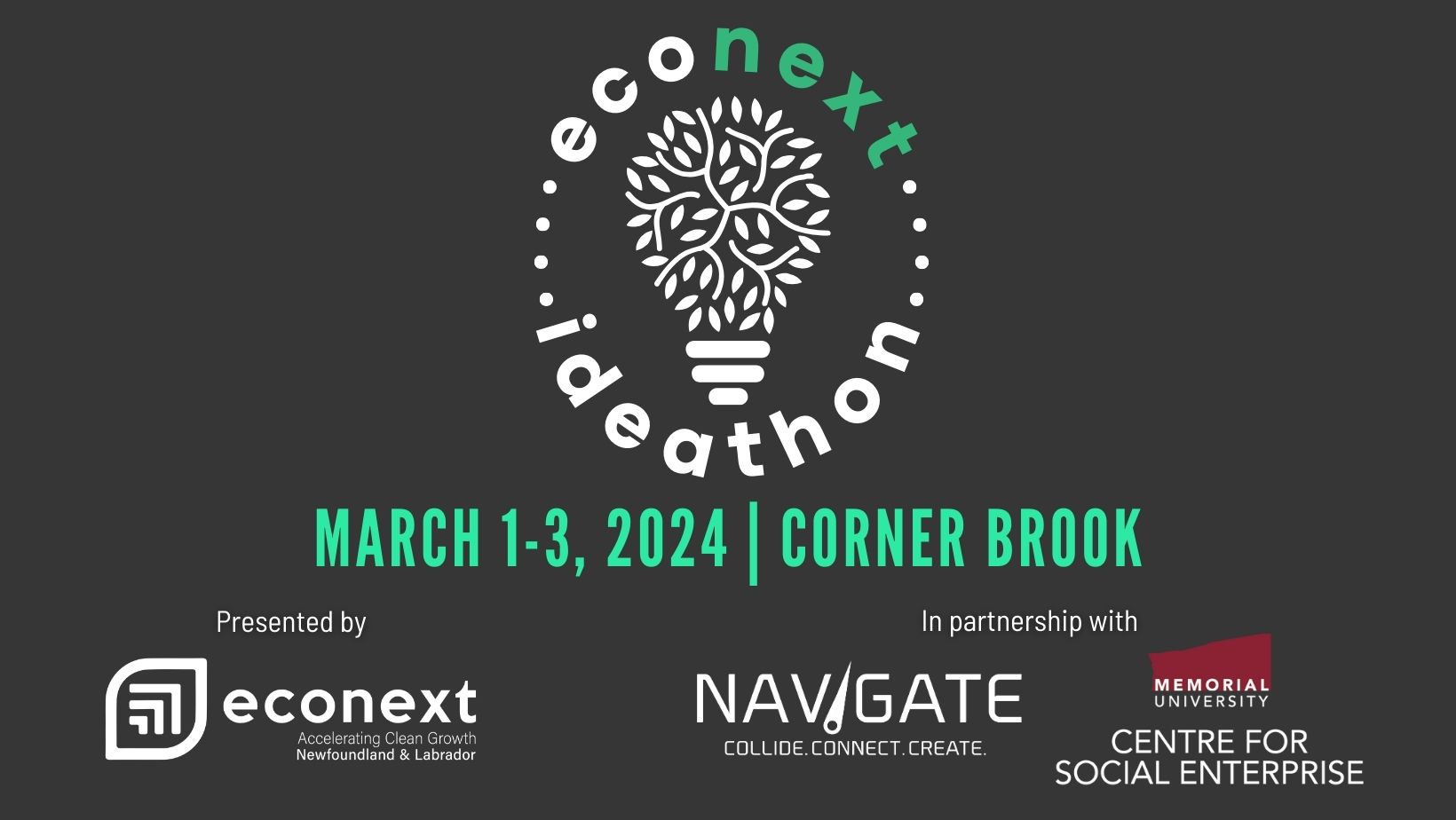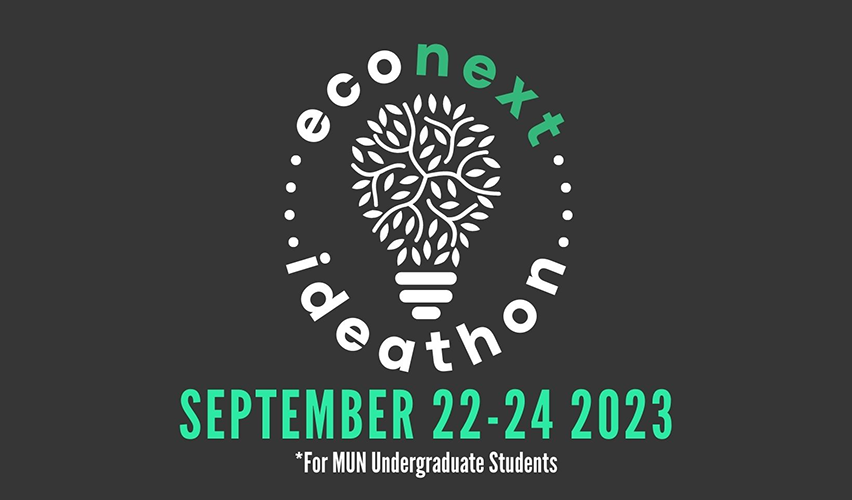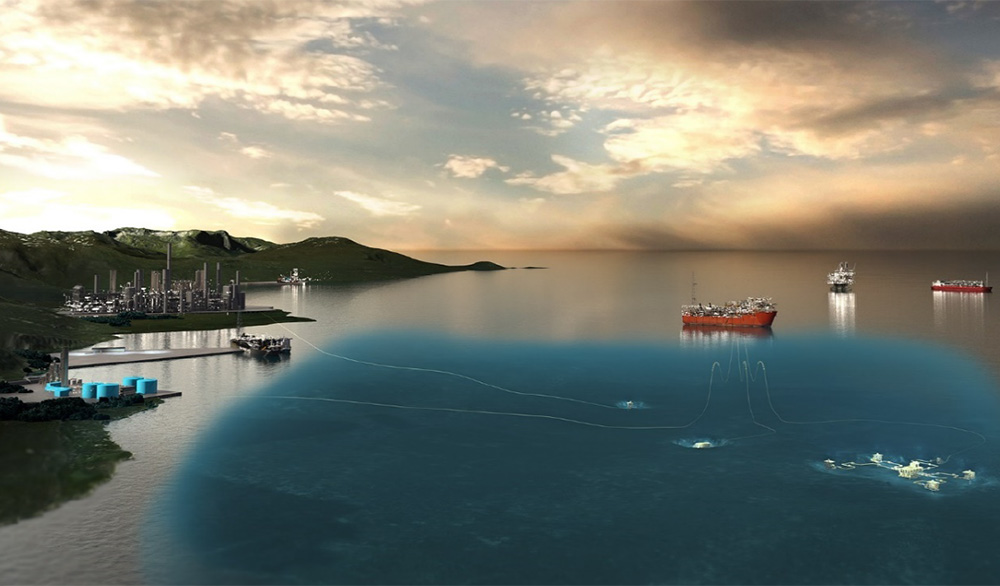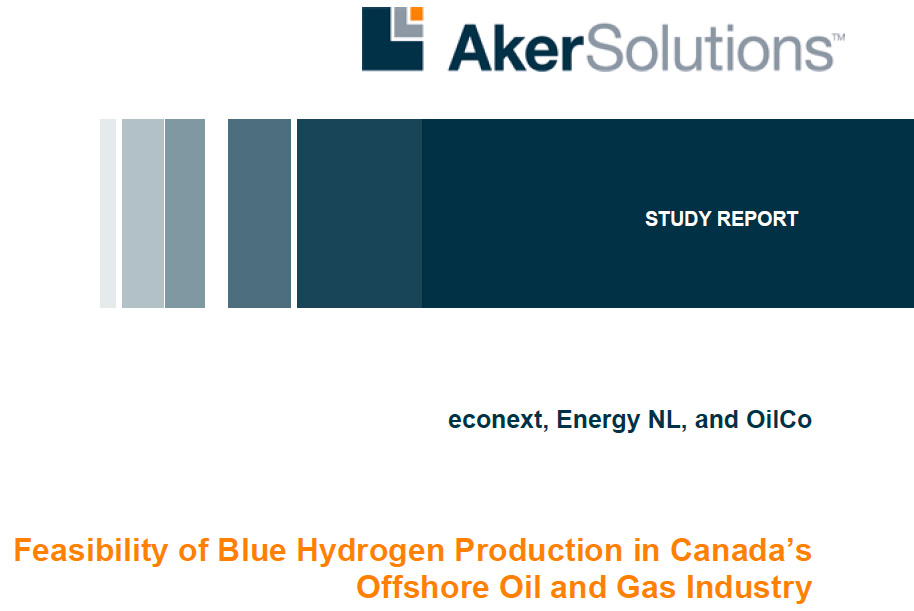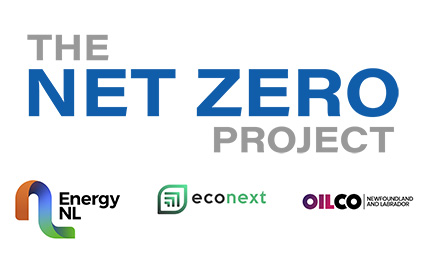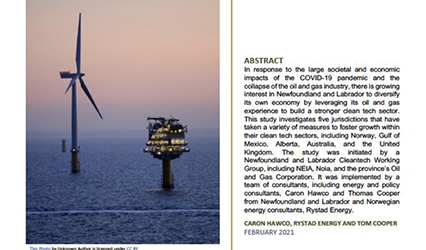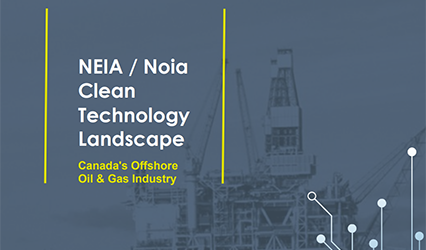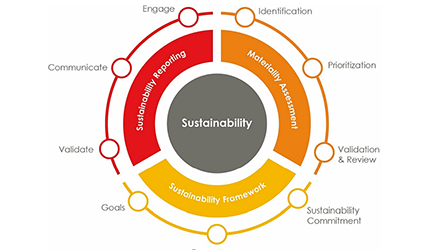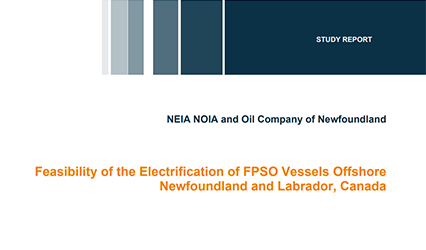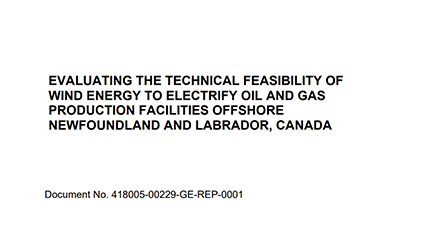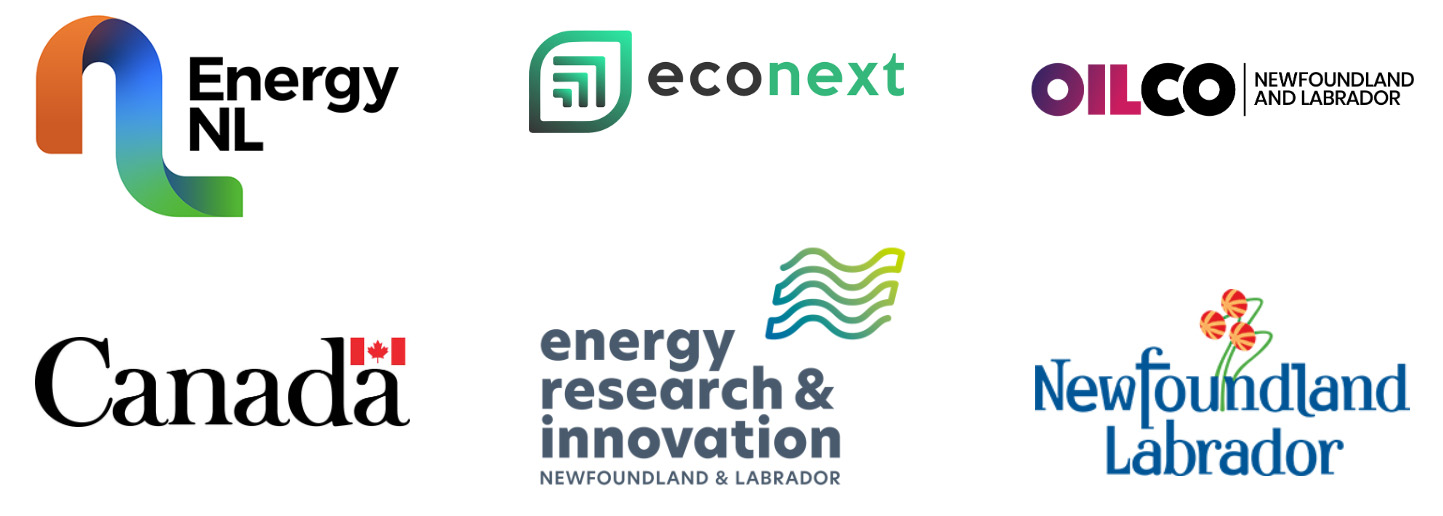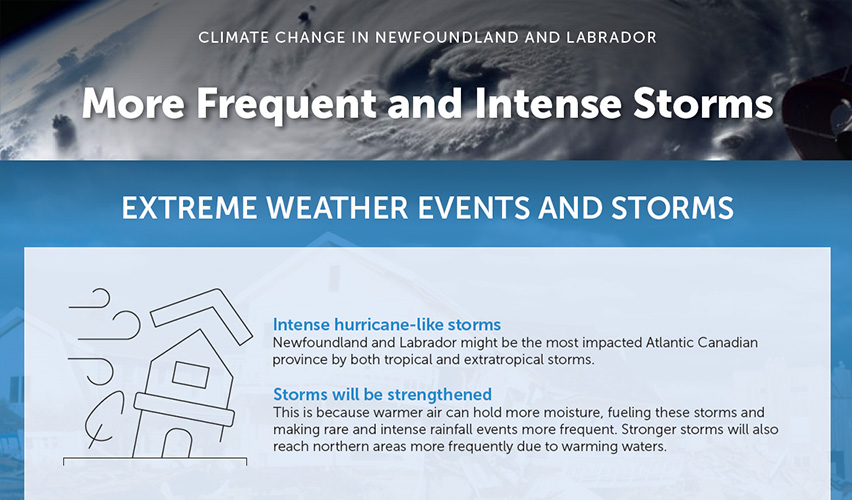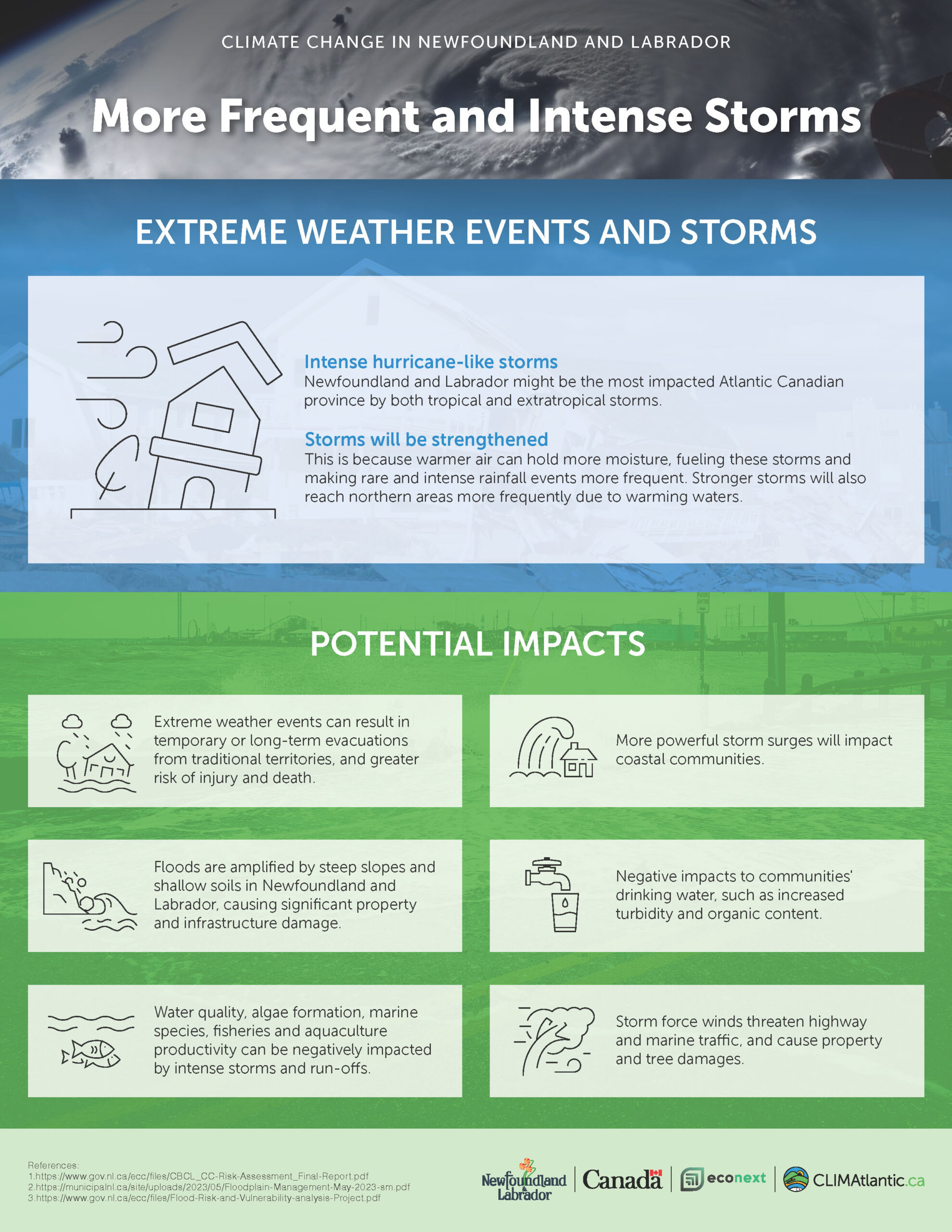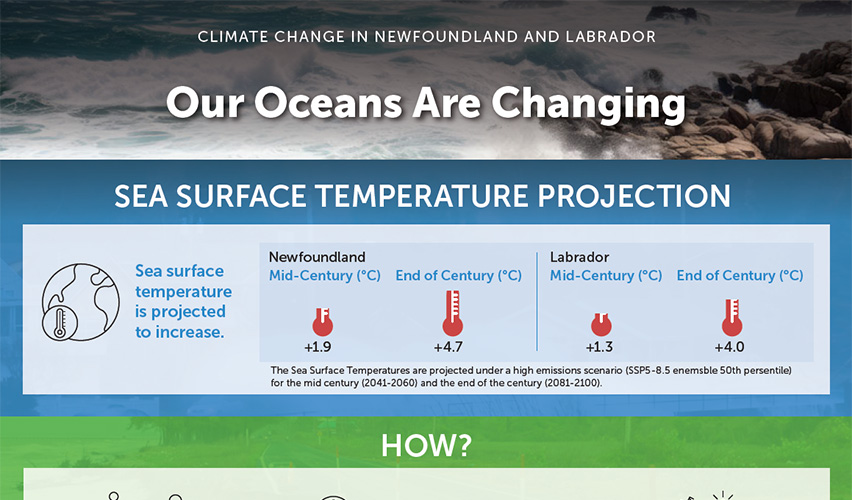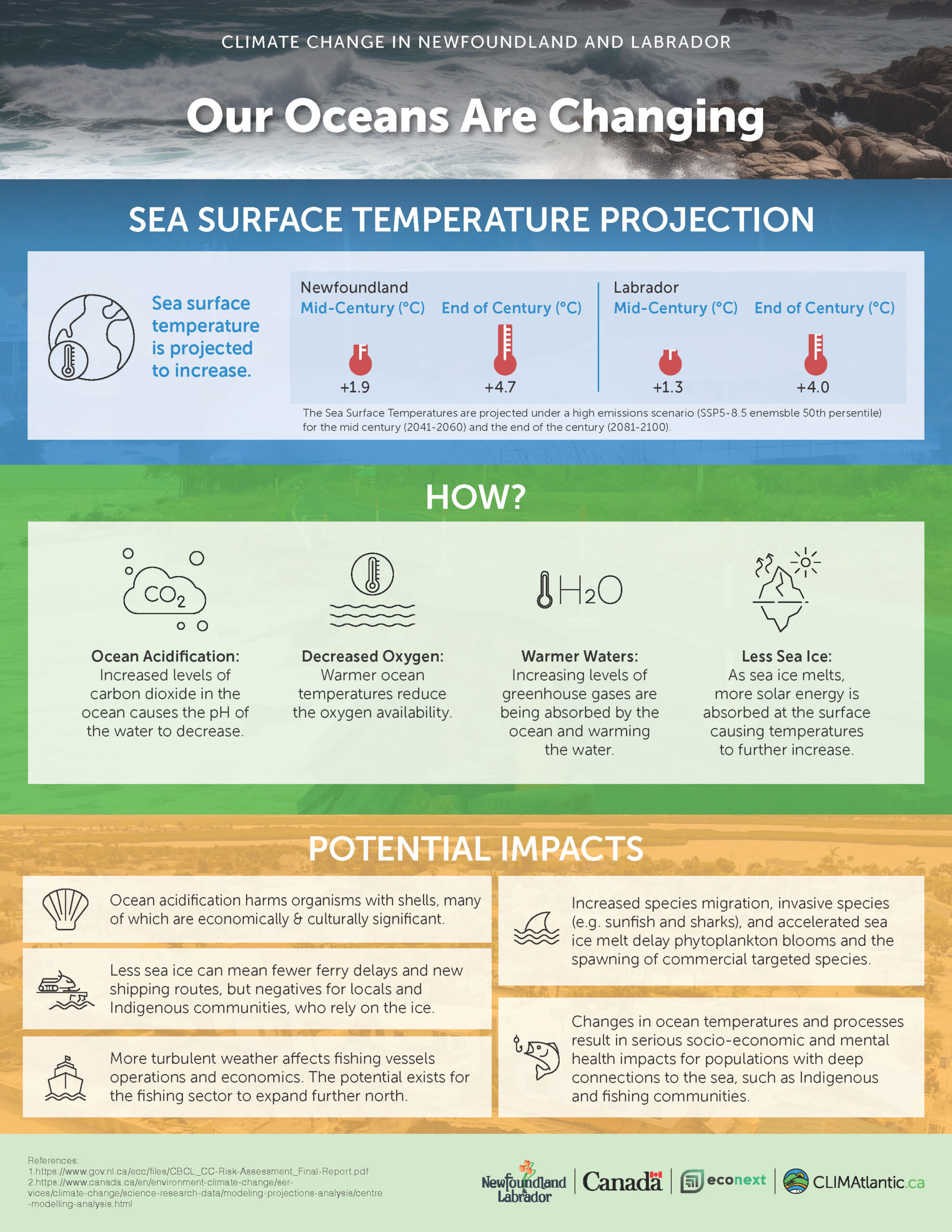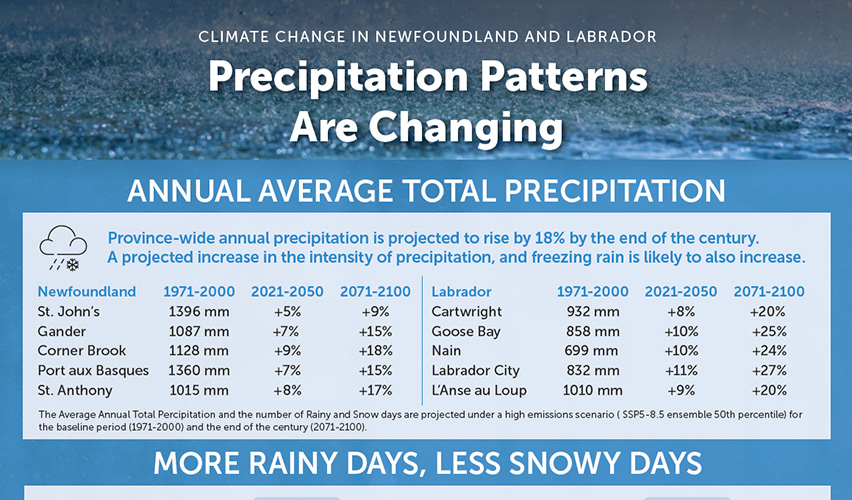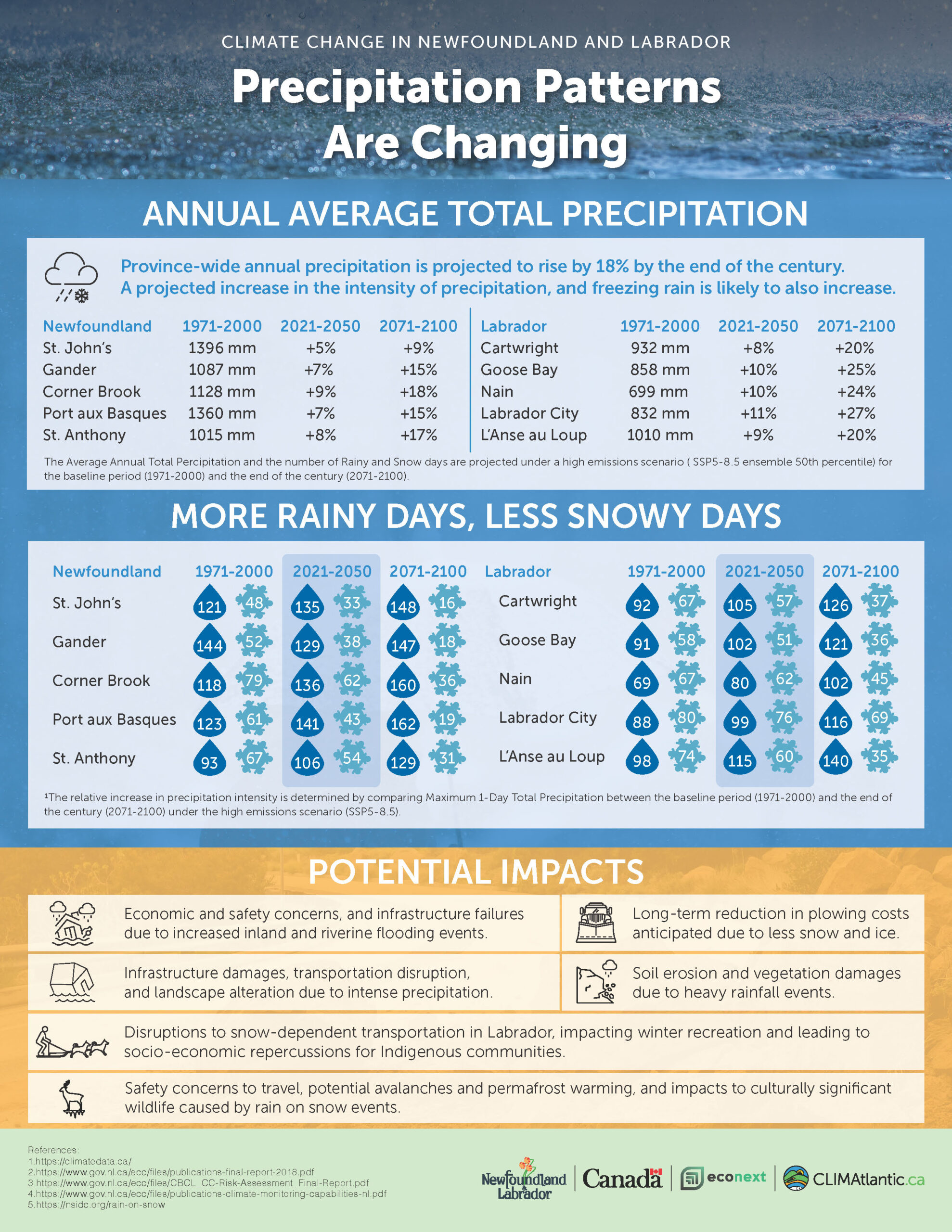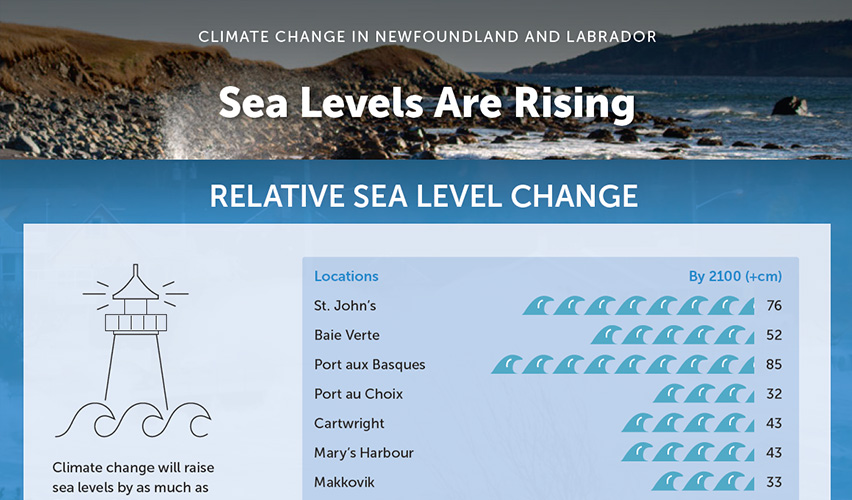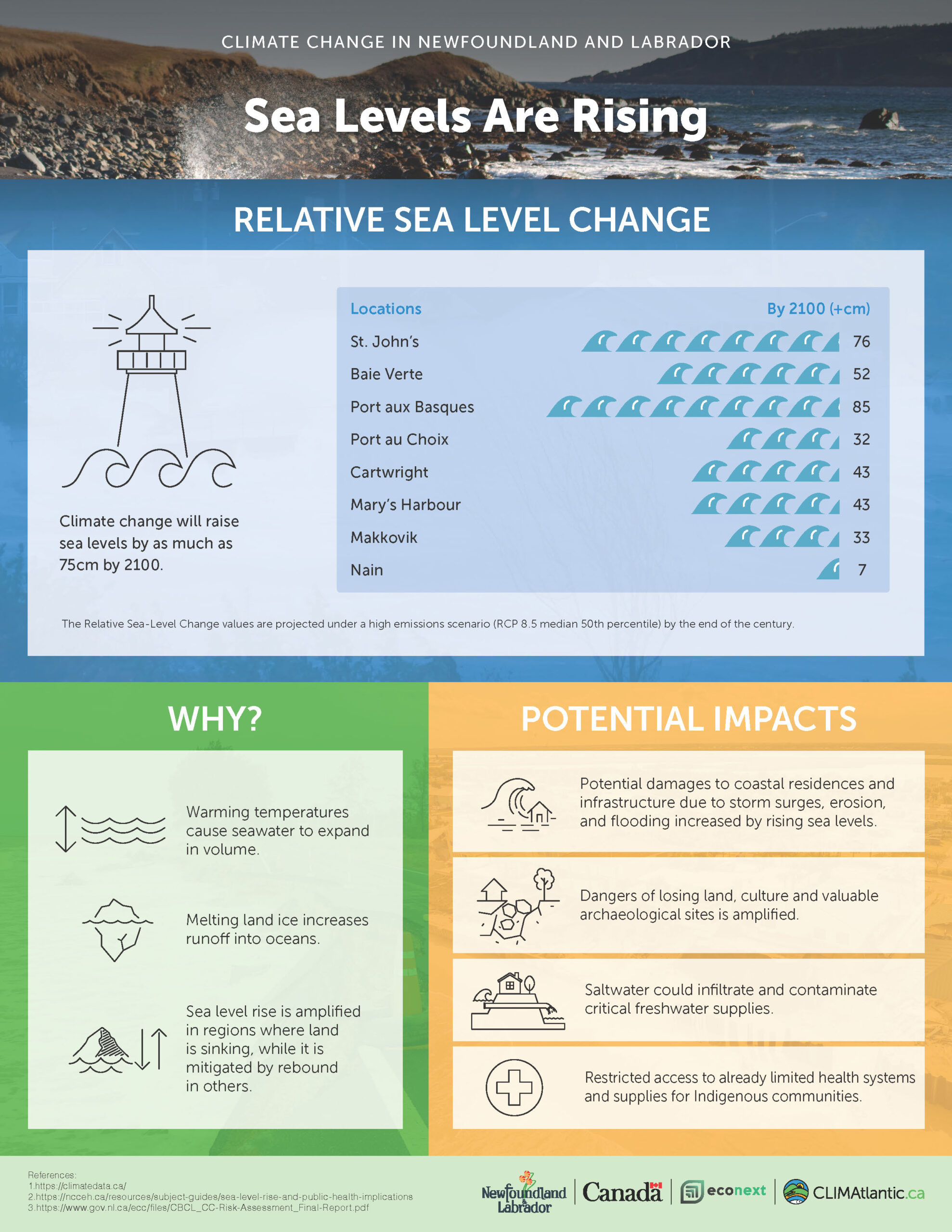
This 2023-24 project, in partnership with the Marine Institute and the Town of Holyrood, was a pilot to explore workforce development within the context of smaller communities and with a focus on the increasing importance of ‘green’ skills and training in traditional areas of strength (in this case: oceans).
The space between the blue and green economies was chosen as a subject matter due to Newfoundland and Labrador’s expertise in the development of technologies and provision of services in this space and the exciting employment opportunities within it. The Town of Holyrood was chosen because of the recent opening of The Launch and the exciting opportunities which this provided.
This project had six distinct components, described below.
Training Needs Assessments
10 SMEs and the Marine Institute were engaged in a training needs assessment to identify skills gaps related to environmental (green) aspects of the blue economy. The objective of the assessment was to inform the future development of micro-learning and upskilling programming related to ocean cleantech and the convergence of the blue and green economies in NL. The results of the training needs assessment also informed the development of the Town of Holyrood’s community workforce development plan (see below).
Upskilling Course Development
Based on the results of training needs assessment, the Marine Institute developed a series of upskilling courses to address identified skills gaps and priorities. 5 subjects chosen for program development, from the perspective of oceans-based technologies and services, including:
- The Decarbonization of Shipping
- Introduction to Marine Renewable Energy
- Introduction to Underwater Surveying
- Introduction to Cyber Security
- Introduction to Artificial Intelligence
- Project Management in the Blue/Green Economy
Technology Demonstration and Deployment
The Launch played host to a series of 10 demonstration and deployment activities throughout the Fall of 2023 showcasing the technologies and services of local SMEs. This included the participation of some of the province’s leading developers of ocean technologies. Interested job-seekers were provided with transportation to and from Holyrood, where they had an opportunity to not only see what jobs in the blue/green economy looked like up close, but also to interact directly with SMEs and their staff. This presented an excellent opportunity for job seekers to meet potential future employers, and for SMEs to meet potential future employees. The exercises also provided early test-cases for various types of demonstration and deployment activities at The Launch which had only officially opened a few months prior. The engagement with job seekers had a particular focus on the participation of new Canadians, and was highly successful in this regard through a partnership with the ANC resulting in an 80% participate rate from under-represented groups.
Work Integrated Learning Internships
Following the demonstration and deployment exercises, 7 participating SMEs offered 3-month internships in the Winter of 2024 to job seekers who had attended in the events. econext was pleased to discover that, in some cases, these short internships led to full-time permanent employment opportunities for participants.
Community Workforce Development Initiative
Based on the training needs assessment, existing town assets (such as The Launch), local demographics, and economic development priorities, a consultant was hired to work with the Town of Holyrood in the development of a community-focused workforce development plan. The objective of the plan was to maximize the training and professional development opportunities that the Marine Institute’s presence in the town could provide, and explore pathways for the local population to participate in the growing green/blue economy. The plan included extensive engagement within the community via workshops and online surveys.
Communications Campaign
Recognizing that only so many job seekers could attend the demonstration and deployment exercises in person, a dedicated effort was undertaken to capture these activities on video. Footage acquired was supplemented by site visits to businesses and interviews with key staff to speak to their technologies and/or services and the jobs that are entailed in their development and delivery. The result was the highly successful Tides of Opportunity campaign, which was delivered in partnership with Canada’s Ocean Supercluster, OceansAdvance, the Marine Institute, Memorial University, and Angler Solutions. This campaign allowed for the project’s activities to reach a broader audience of job seekers and also served as powerful communications assets for participating SMEs, The Launch, the Town of Holyrood, and NL’s ocean sector at large. The campaign resulted in over 1.2 million impressions and 460,000 users reached during a 6-week period. The footage obtained through this initiative has been made available to all partners and participants.




